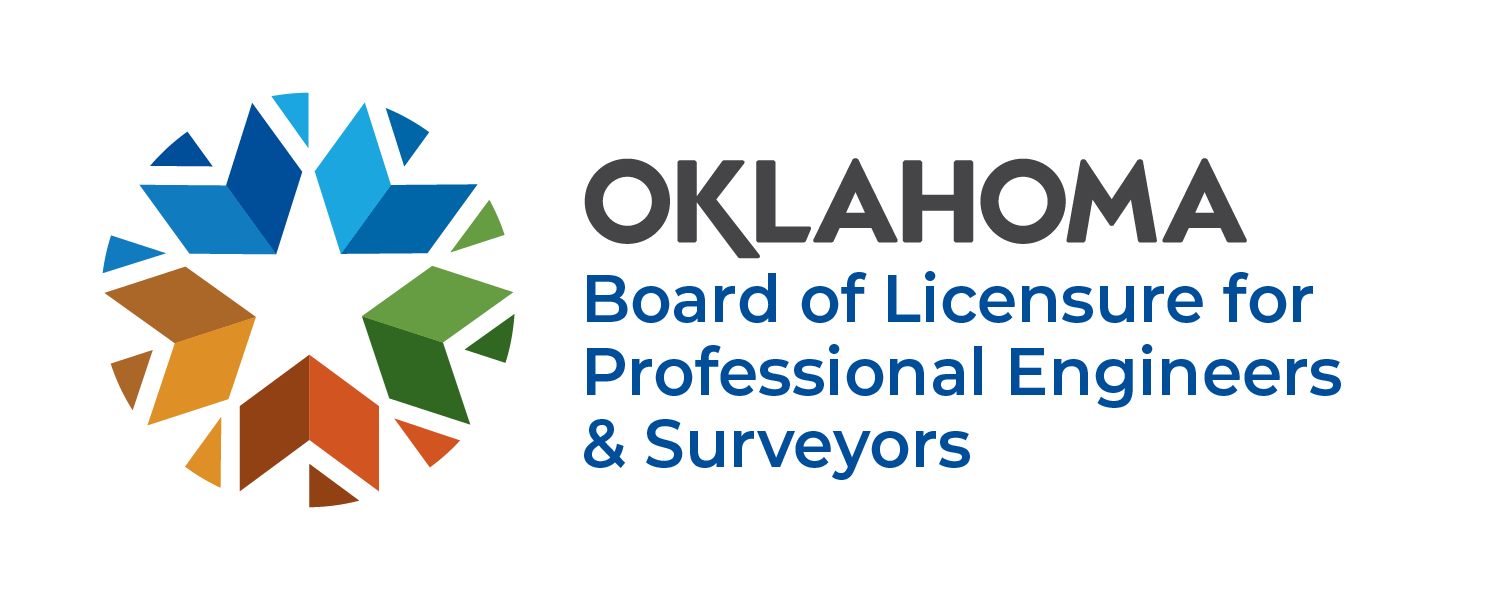245:15-23-6. Gross incompetence
- (a) Licensees have been licensed under the authority of the Statutes regulating professional engineering and land surveying which establishes minimum competence to provide engineering and land surveying services in the State of Oklahoma. Licensees shall continue their professional development after licensure, improving and increasing their proficiency and skills, knowledge and abilities. The licensee, firm, or entity shall undertake only those professional assignments the licensee, firm, or entity is qualified to perform and lawfully authorized to undertake.
- (b) The following practices, among others may be deemed gross incompetence by a licensee, firm, or entity or person representing same:
- (1) A deficiency on the part of a licensee in the basic knowledge and skill necessary to the practice of engineering or land surveying such that the licensee does not demonstrate an ability to practice engineering or land surveying at the threshold level of professional competence for issuing engineering reports or undertaking projects of the kind and complexity performed, thus endangering the property, safety, health of others or welfare of the public.
- (2) Failure to engage other competent licensed architects, engineers or land surveyors when the licensee has contracted to furnish services outside of the licensee’s area of competence.
- (3) Practicing engineering or land surveying while under the influence of alcohol, drugs or mentally impaired.
245:15-23-7. Misconduct or dishonest practice
- (a) The following practices, among others, by a licensee, firm, or entity or person representing same, may be deemed misconduct and a violation:
- (1) Acts which evidence attempts to violate any laws or rules of this or any other state relating to licensure to practice engineering or land surveying.
- (2) Acts which evidence a disregard or indifference toward the rules or statutes governing the practice of engineering or land surveying, and codes, ordinances and other recognized standards. These regulations include, but are not limited to, those involving facilities to be constructed, structural inspections and reports, or special inspections for buildings or roadways.
- (3) Acts which evidence attempts to violate or do so violate the Statutes Regulating Professional Engineers and Land Surveyors or Rules in this Chapter or assist any other person or firm to attempt or to do so.
- (4) Acts which evidence attempts to conceal personal interests in conflict with responsibilities of service to the public or a client.
- (5) Acts which evidence, through commission or omission, a failure or refusal to reasonably communicate with the client, so that the client shall be reasonably informed of the status of any services provided or agreed to be provided by the licensee or a firm holding a Certificate of Licensure and/or Certificate of Authorization under the responsible charge of the licensee.
- (6) Acts which evidence a detriment to a client caused by a personal interest or the firm's interest, which conflicts with the responsibility, owed to the client by a licensee, or a firm, holding a Certificate of Licensure and/or Certificate of Authorization, under the responsible charge of the licensee.
- (7) Acts which evidence a failure to engage competent licensed architects, professional engineers and/or professional land surveyors when the licensee has contracted to furnish services outside of the licensee's area(s) of competence.
- (b) The following practices, among others, by a licensee, firm, or entity or person representing same, may be deemed a dishonest practice and a violation:
- (1) Acts which evidence attempts through commission or omission, to mislead or defraud any person, firm, or entity.
- (2) Acts which evidence attempts to bribe any person, firm, or entity, who may influence the selection of any licensee, firm, or entity. Kickbacks, donations or forgiveness offered or paid to gain improper advantage in selection will be considered bribes.
- (3) Acts evidenced by exaggerated, misleading, deceptive or false statements in claims about professional qualifications.
Last Modified on
Oct 17, 2024


